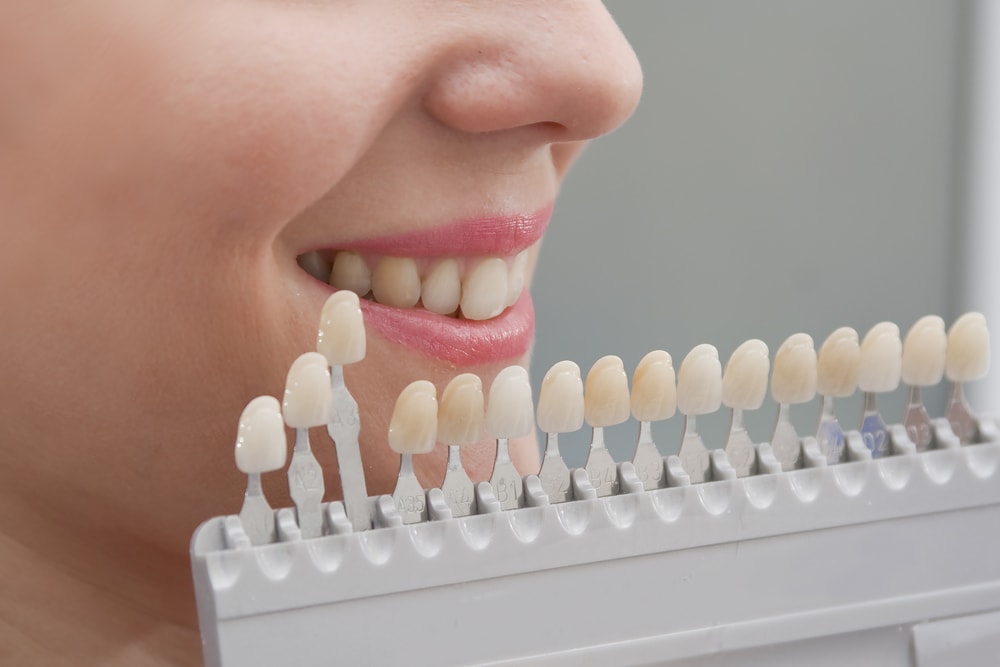Signs You May Need a Tooth Coloured Filling
January 13 2020 by Mills Haven Dental

What is a Dental Cavity Filling?
Dental cavity fillings are used to help restore and reshape teeth that have been damaged by decay or fracture. Getting a dental filling allows your tooth to function normally again.
Historically, dental fillings have been made from gold, amalgam (silver), composite (plastic) and porcelain. Today, tooth coloured fillings are recommended by dentists as it allows your tooth to look natural, as it did prior to getting damaged.
Benefits of Tooth Coloured Fillings
What are the benefits of getting a tooth coloured filling?
- Natural Appearance - Tooth coloured fillings offer a natural aesthetic.
- Time-Efficient - Composite resin fillings are a generally simple procedure.
- Insurance Coverage - Most dental plans cover tooth coloured fillings. Be sure to double check with your insurance provider to learn more about your coverage.
- Flexibility - Sometimes individuals experience recurrence of decay on the same tooth. Composite resin is flexible in that it can be removed and restored again by your dentist with the same dental filling procedure.
How Do I Know When I Need a Filling?
There are many signs and symptoms that suggest you would need a cavity filling, including:
- Pain - Pain can range from a dull ache, throbbing or acute pain when biting or chewing.
- Sensitivity - Your teeth feel sensitive to sweet and sour foods, or to hot and cold temperature foods.
- Damaged Teeth - You find new cracks, chips and fractures on your teeth.
- Floss Breakage - Your tooth floss is fraying or breaking off when flossing.
- Uneven Surfaces - Rough surfaces or jagged edges on a tooth may be a sign of a new cavity.
For most cases of tooth decay, a dental cavity filling is a quick and easy solution. However, if the decayed area is too large for a filling to be held in place properly, your dentist may advise you to consider getting a dental crown.
How Do Dental Cavity Fillings Work?
- The cavity filling process begins with removing all decayed material. Your dentist will drill into the tooth to reach the decaying matter before cleaning through the cavity thoroughly.
- Then, the area is refilled using other materials. In the case of tooth coloured fillings, a composite resin is used. Composite fillings are color matched to the natural shade of your teeth for a natural, healthy look.
- Once the decaying matter is removed from the area, the surface of the tooth is prepared for a filling. A curing light hardens the composite resin, in multiple layers to ensure security and protection of the cleansed cavity area. The filling is then cleaned and polished.
- Finally, your dentist will ask to evaluate your bite and check to see if the area consists of any sharp edges or other irregularities.
Tips to Avoid Future Dental Cavities
Lastly, it's just as important to take care of your gums as you do with your teeth, because bacteria from your saliva and gums can contribute to future dental cavities.
Remember to brush thoroughly at least twice a day, and to floss after meals whenever you can. Regular cleaning and routine visits to your dentist will help prevent further decay for your teeth.